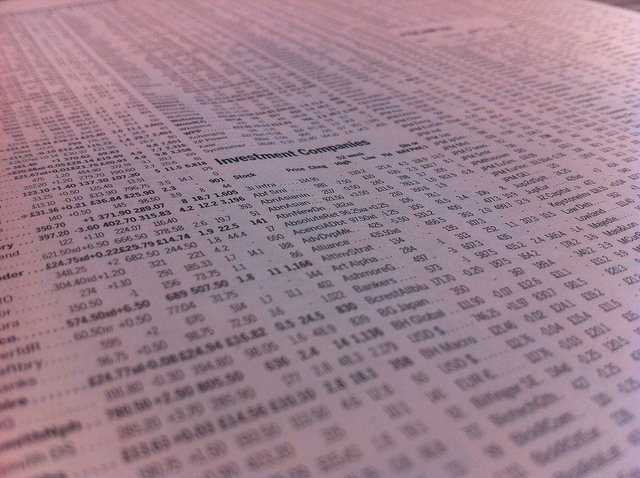China’s disastrous start to 2016 trading on Monday, which saw shares slump and triggered an early closure of the Shanghai and Shenzhen stock markets, had a knock-on effect causing a lack of confidence amongst investors around the globe.
International trading desks commenced the year with caution as the Chinese volatility and heightening Middle East tension forced stocks down.
After its worst annual results in four years at the conclusion of 2015, London’s benchmark FTSE 100 closed down 158.89 points, or 2.39%, to 6,093.43, on the first day of 2016 trading. That was the weakest start for the FTSE in 16 years, with only 2000’s opening day loss of 3.81% being a worst commencement to annual trading in the index’s three decades of history.
That meant Britain’s leading companies had dropped over £38bn in value when London trading concluded on Monday, a considerable loss compared with a total decrease of £80bn over the past year.
Monday’s Chinese mayhem also caused havoc on Wall Street with US markets reacting to the news. Day one of 2016 trading in the US saw the S&P 500 slip 1.3pc, whilst the Dow Jones industrial average and the Nasdaq Composite index lost 2.2pc and 2.7pc respectively.
Across Europe the FTSEurofirst 300 index slumped as much as 2.9pc and in Paris the CAC 40 lost 2.5pc. Germany’s DAX fell a massive 4.3% as the Spanish IBEX lost 2.4%.
Trading had been called to an early close on the Shanghai and Shenzhen stock markets after 7% losses were triggered by figures highlighting a slowing trend in Chinese manufacturing – which has now been going on for ten months consecutively. The signals suggest that the world’s second largest economy is slowing down overall.
Last August China devalued its currency – the yuan – by 2% against the dollar, making it the biggest fall in value for over 20 years. That move was described by the Chinese as a singular adjustment aimed at stimulating the economy by making exports cheaper.
Experts believe that China wishes the yuan to be classed amongst the IMF’s reserve currencies which it uses for loans. Currently that group of the IMF’s Special Drawing Rights currencies includes sterling and the dollar, which China would like to join, as a mark of financial kudos.
However, if Chinese stock markets continue to fluctuate wildly and China’s giant manufacturing influence decreases the yuan is likely to suffer further, rather than imminently joining the elite.



 Bitcoin
Bitcoin  Ethereum
Ethereum  Tether
Tether  XRP
XRP  Solana
Solana  USDC
USDC  Cardano
Cardano  Lido Staked Ether
Lido Staked Ether  TRON
TRON  Avalanche
Avalanche  Toncoin
Toncoin